Classroom Content
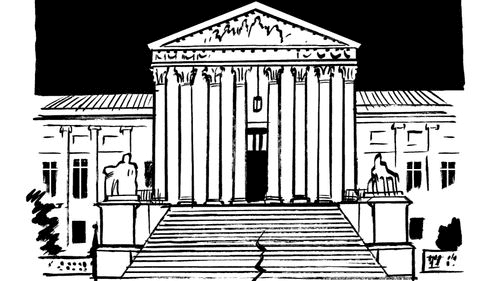
The Supreme Court’s Big New Term
- Article •
- 9/2/2022
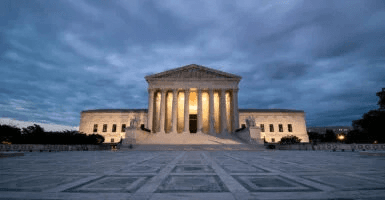
Big Cases to Watch During New Supreme Court Term
- Article •
- 9/6/2022
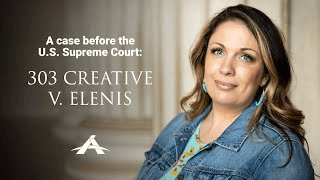
303 Creative v. Elenis
- Article •
- 6/26/2021
In its upcoming term, the Supreme Court is considering potential landmark cases on a wide range of topics.
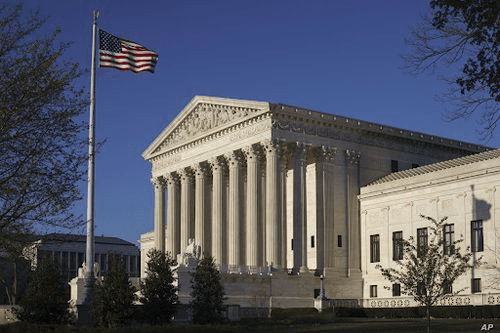
The Case. The organization Students for Fair Admissions, Inc. (SFFA) has challenged the admissions programs of the University of North Carolina. They argue that the university’s use of race as a factor in admissions violated Title VI of the Civil Rights Act of 1964 and the Equal Protection Clause of the U.S. Constitution’s 14th Amendment. SFFA asked the Supreme Court to overrule its 2003 decision in Grutter v. Bollinger that held the use of race-conscious admissions programs was acceptable so long as they were “narrowly tailored for a compelling interest.” SFFA has also brought forward a second lawsuit against Harvard that has been consolidated into a single hearing.
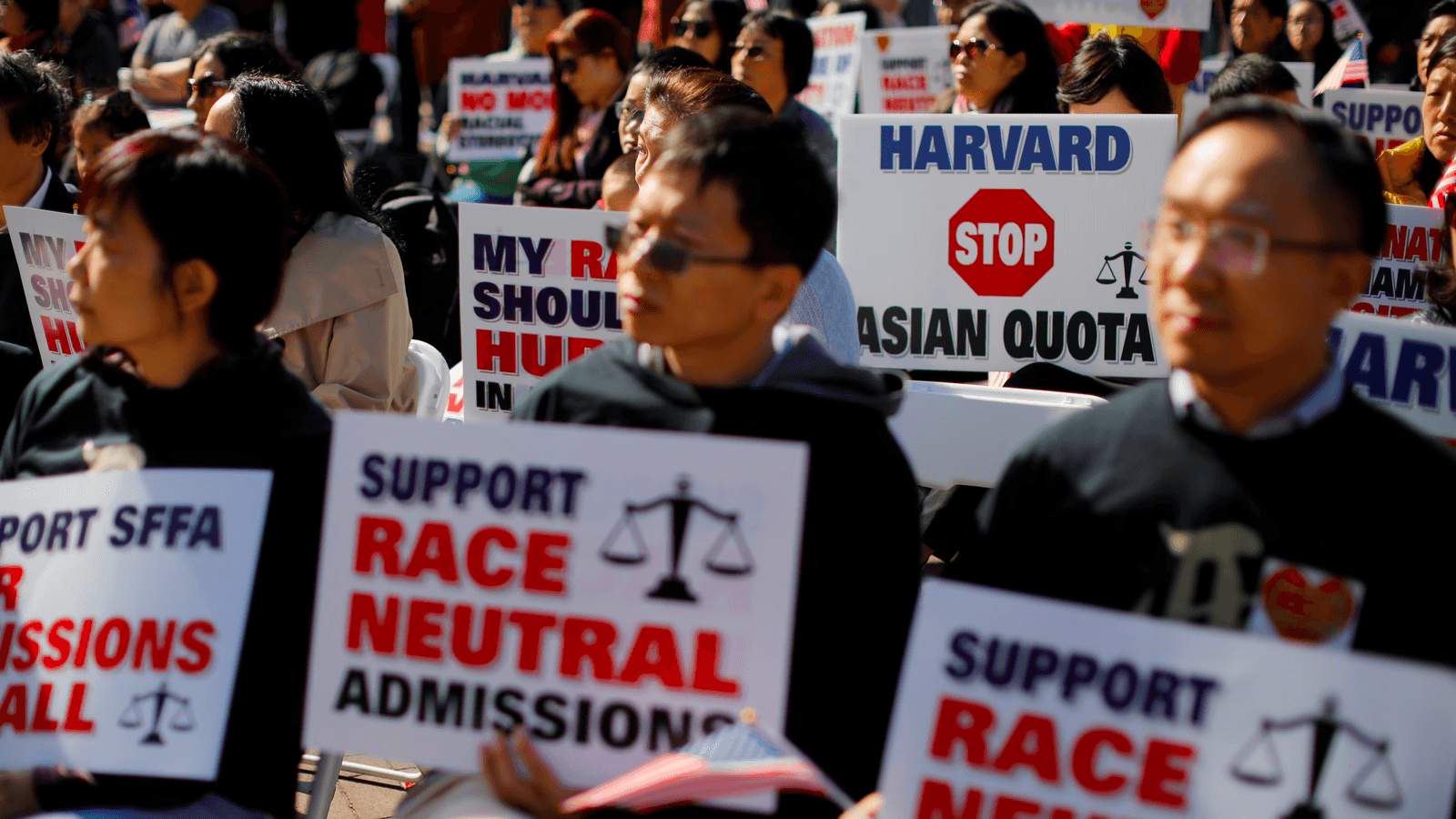
The Question. These cases concern the legality of universities using race as a factor in admissions decisions. SFFA asks:
The Grutter Cases. Grutter v. Bollinger and Grutter v. Gratz were two concurrent 2003 Supreme Court cases. They resulted in opposing decisions that found that the University of Michigan Law School’s admissions program did — and did not — violate the 14th Amendment or Title VI. The Grutter cases essentially decided that race-based admissions are not violations unless they use a quota system for a certain number of students of a particular race.
The Yale Case. The SFFA cases are not the first instance of recent challenges to affirmative action. A group of Asian students — with the SFFA — attempted to sue Yale for the racial “personal rating” gap in evaluations by teachers and counselors. The suit argued that Yale discriminated against Asian applicants through their character statements in the admissions process, alleging that many Asian applicants were labeled as not fit in character to attend Yale. Under the Biden administration, the Department of Justice dropped the lawsuit in a reversal of Trump-era legal actions.
The Case. The Supreme Court is also considering a case that could drastically change how federal elections are run. In Moore v. Harper, the justices will hear a challenge from North Carolina Republican lawmakers who argue that the state legislature should have the sole authority to regulate federal elections — without interference from state courts. Proponents of this legal theory, known as the “independent state legislature” doctrine, point to the Elections Clause of the Constitution, which gives state legislatures the power to set the “Times, Places and Manner of holding Elections for Senators and Representatives.”
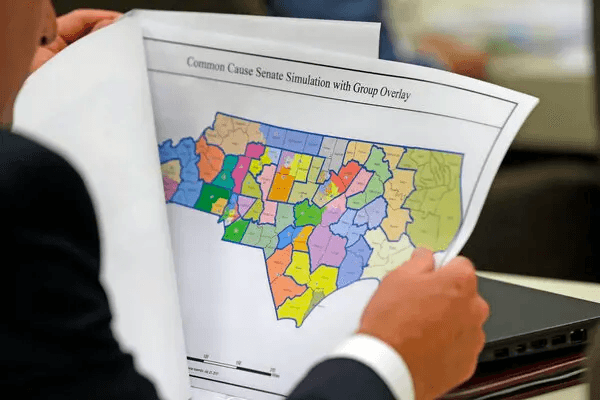
Redistricting Debate. The case arose from a dispute over North Carolina’s new congressional maps. In February, a Democratic majority on the state’s Supreme Court tossed the Republican legislature’s approved redistricting plans, alleging partisan gerrymandering, and ordered a lower court to institute its own maps. The Republican leadership went to the Supreme Court later that month, asking for an emergency ruling to reinstate the original maps ahead of the state’s primary elections. While the Court’s majority rejected the request, several conservative justices expressed openness to the independent state legislature theory. N.C. Republicans returned in March, asking for a full review. The Supreme Court will likely hear arguments this fall and decide the case next year.
The Case. The 303 Creative LLC case begs the question of whether applying a public-accommodation law to compel an artist to speak or stay silent violates the free speech clause of the First Amendment. The 303 case involves a web design company owned by a woman named Lorie Smith who refused to create websites celebrating same-sex weddings. She claims that “doing that would compromise my Christian witness and tell a story about marriage that contradicts God’s true story of marriage.”
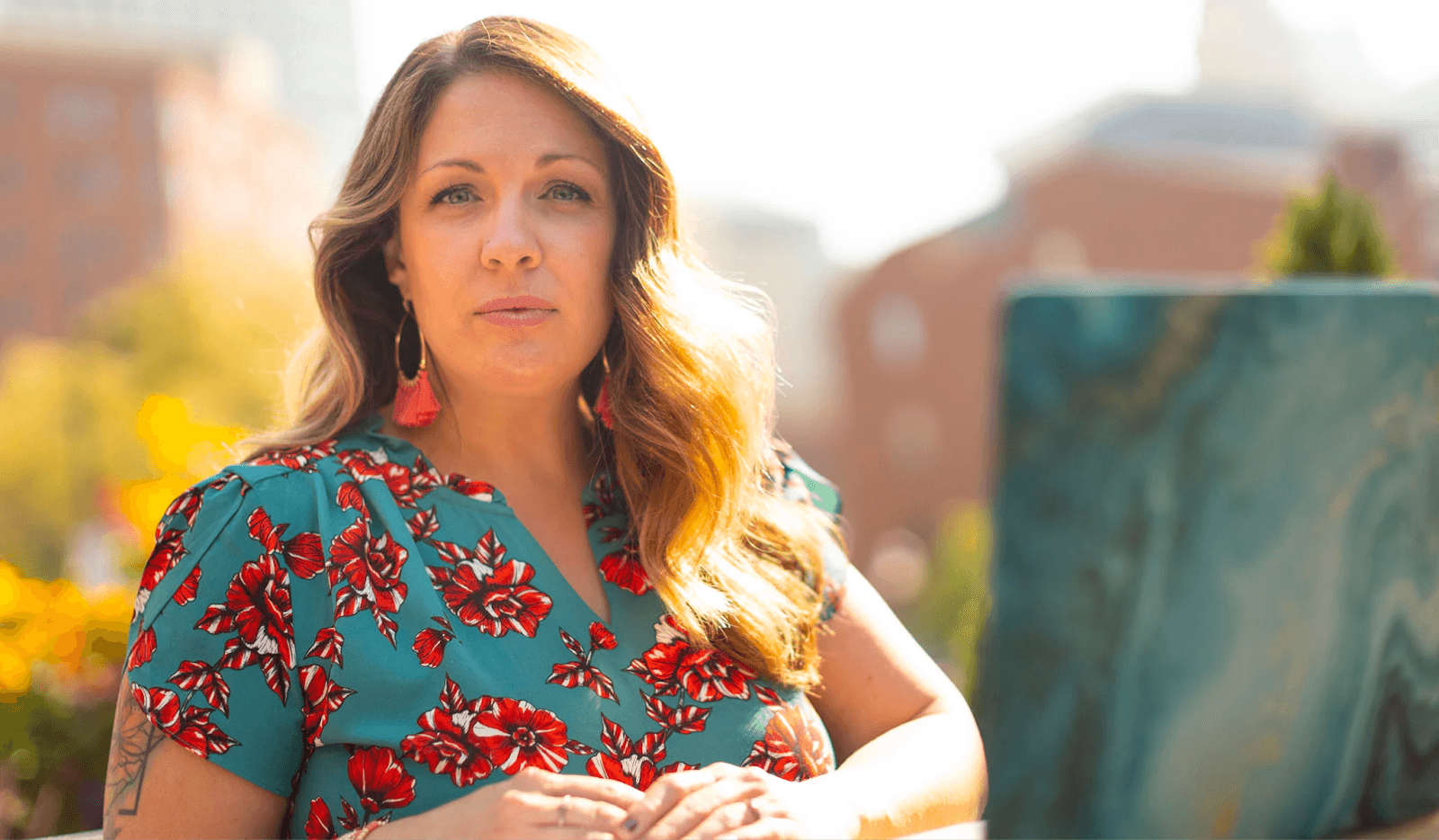
Masterpiece. This question first arose in Masterpiece Cakeshop v. Colorado Civil Rights Commission (2018), where the Supreme Court ruled in favor of a baker who refused to bake a wedding cake for a same-sex couple. However, the Masterpiece Cakeshop decision was very narrow, only defining a religious right, not an issue of free speech. The Court held that states could still enforce bans on anti-LGBTQ discrimination, but state officials had to be careful not to disparage the religious beliefs of people who use those beliefs to justify discrimination.
Strict Scrutiny. The Supreme Court has suggested that preventing anti-LGBTQ discrimination is not a “compelling interest” that can survive the strict scrutiny test. Strict scrutiny is a process that is invoked for equal protection claims — such as treating races equally. When strict scrutiny is applied, the case must demonstrate a “compelling government interest” and a result “narrowly tailored to accomplish that compelling interest.” Strict scrutiny is often considered one of the most challenging standards to prove for a legal case.
As Americans’ trust in the Supreme Court erodes, a right-wing majority on the bench is charging forward with an extremist legal vision. The Court is fresh off a disastrous term where they stripped women of their bodily autonomy, recklessly invalidated common sense gun regulations, and curtailed the government’s ability to fight the existential threat of climate change. Now, they’re considering a radical agenda that will undermine disadvantaged groups’ education, destroy judicial oversight of elections, and trample on the rights of LGBTQ people.
The cases coming before the Court are excellent opportunities to end the racist practice of racial admissions processes, secure voting integrity, and prevent individuals from forcing others to produce items contrary to their religious beliefs. The only concern is that the Democrats will use the potential rulings in the Court to drive their political narrative to sway voters before the upcoming midterm.
Connect this story to the curriculum you're already using. Are you using this differently in your class? Send us an email at team@civilmedia.io, and we'll add a connection here.


